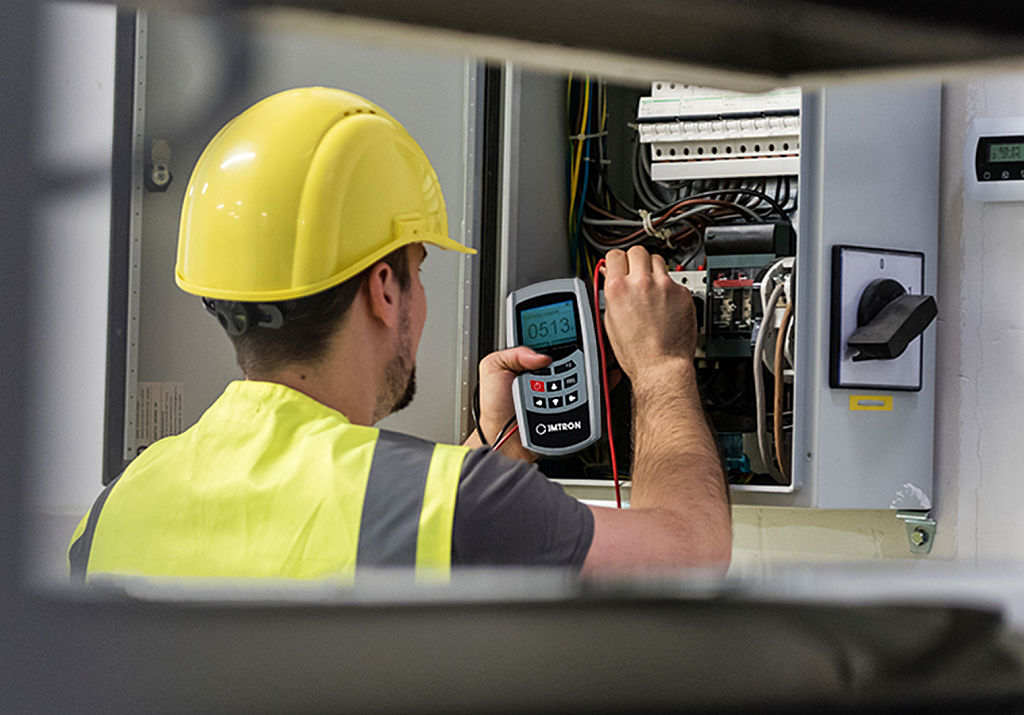If you’ve ever wondered how those little devices that measure temperature or humidity work, wonder no more! Data loggers are self-contained, stand-alone instruments that record data over time. Most data loggers interface with a computer so that the data can be downloaded and analysed, but some have a display screen so that the data can be viewed without a computer.
So, what exactly is a data logger? In short, a data logger is an electronic device that can measure and store data over a period of time. Data loggers are used in a variety of industries, from monitoring internal temperatures in commercial refrigerator units to tracking soil moisture levels in agricultural fields.
Advantages of Data Loggers
- Energy saving.
One of the most important benefits of data loggers is that they’ll help you save money on your energy bills. Data loggers track things like electricity usage and water consumption, which in turn allow you to identify energy-wasting devices in your home or business and get them fixed before their costs add up too much.
- Quality assurance.
Another benefit of GPS Data logger is their ability to provide quality assurance. You can monitor and control the quality of your products, analyse the data to improve your processes, and even monitor the performance of your equipment.
- Data efficiency.
Data efficiency is a big deal. By using data loggers, you can save time and money while also improving your processes and making quality control more efficient. Data vs. guesswork; which one do you think will be more effective?
Data loggers are able to help you improve energy efficiency in many ways, including being able to detect when lights or equipment go off at random times by accident. This means that they can be used as a warning system for when something needs fixing before it becomes a bigger problem! You’ll also know if there are any areas where people are wasting time on tasks that aren’t necessary (or if there’s something happening that should be added into the process). All of this will help increase productivity overall!
- Remote monitoring and control.
Remote monitoring and control is one of the most popular applications for data loggers. Data logger systems can be used to monitor and control equipment, processes, or even entire systems. For example, you can use a data logger system to monitor temperature inside refrigerated trucks to ensure that the contents are kept at an appropriate temperature during transport. You can also use a data logger system in soil moisture sensors in order to determine when watering should occur. This allows you to save water costs by only watering your lawn when necessary (as opposed to on a fixed schedule).
How Do Data Loggers Work?
Data loggers typically consist of four main parts: sensors, an analog-to-digital converter, a microprocessor, and a memory chip. Sensors are used to measure various parameters like temperature, humidity, light intensity, etc.
The analog-to-digital converter converts the sensor readings into digital values that can be understood by the microprocessor. The microprocessor then stores these digital values in the memory chip. And that’s pretty much it!
Of course, there are more advanced data loggers that come with additional features like wireless capability, but the basic principle remains the same.
Conclusion:
Data loggers are versatile devices that can be used in a variety of different situations. While they do have their fair share of drawbacks—mostly related to cost—their advantages far outweigh their disadvantages. If you’re looking for an accurate and reliable way to monitor conditions in difficult-to-reach places, then a data logger is definitely the way to go!





